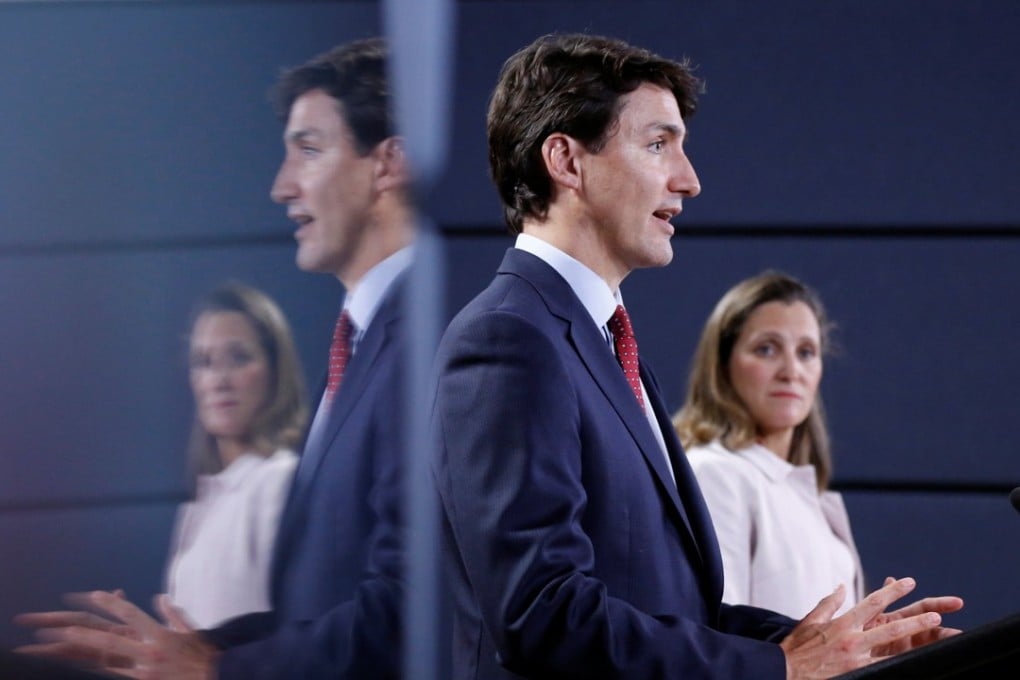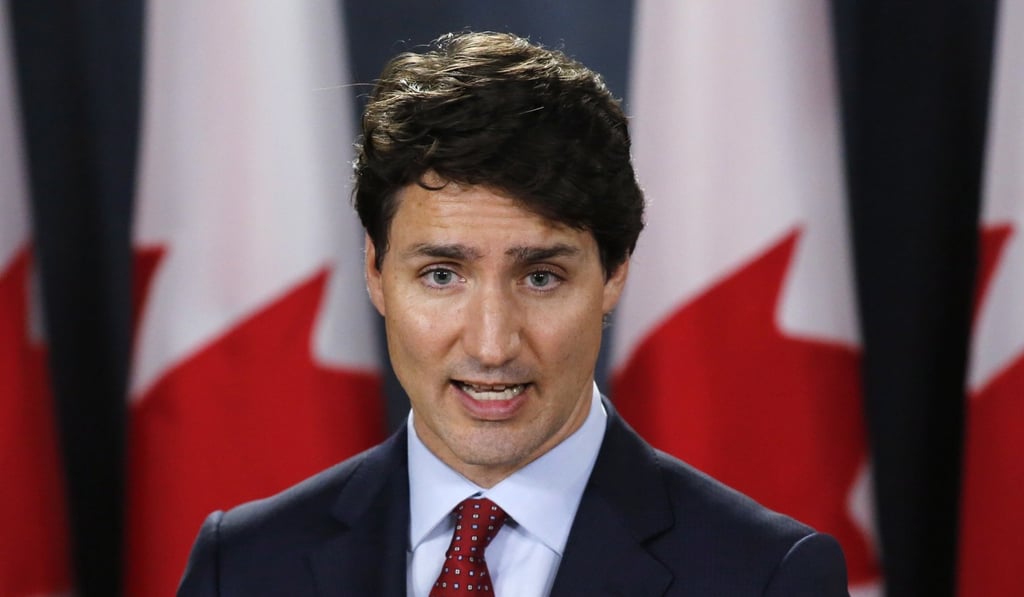This means war: furious Canada and Mexico launch retaliation after Trump imposes tariffs
Canada responded to the US tariffs on steel and aluminium by imposing billions worth of countermeasures, while Mexico put duties on food and steel and the EU vowed its own retaliation

US President Donald Trump’s decision Thursday to slap tariffs on steel and aluminium from Canada, Mexico and the European Union sharply escalated global trade tensions and widened a rift with America’s closest allies.
The Trump administration’s announcement that its once-delayed tariffs would take effect starting Friday was met swift condemnation and retaliation as well as a multilateral challenge at the World Trade Organisation.
Canadian leaders reacted particularly angrily to the tariffs, 25 per cent on steel and 10 per cent on aluminium. Trump had justified the import levies on the grounds of national security – a line of reasoning Canadian officials called absurd, illogical and illegal.
Bourbon, blue jeans and steel: here’s how the EU will fight US trade war
Canada, the largest exporter of steel and aluminium to the United States, said it would apply countertariffs of 25 per cent and 10 per cent on US$16.6 billion worth of American metals, farm goods and other products, to take effect July 1.
“That Canada could be a national security threat to the US is inconceivable,” said Canadian Prime Minister Justin Trudeau, noting the many Canadians who have died alongside US soldiers in joint military operations over the years. “These tariffs are an affront to the long-standing security partnership between Canada and the United States.”
Mexico responded to the news by announcing immediate retaliatory tariffs on US products including pork bellies, apples, grapes, blueberries and flat steel.
